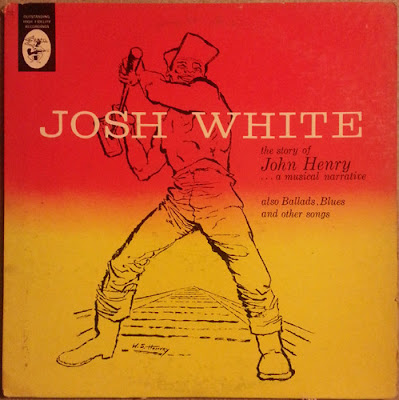Michael “Mikis” Theodorakis (born 29 July 1925) is a Greek songwriter and composer who has written over 1000 songs. He scored for the films Zorba the Greek (1964), Z (1969), and Serpico (1973). He composed the “Mauthausen Trilogy” also known as “The Ballad of Mauthausen”, which has been described as the “most beautiful musical work ever written about the Holocaust” and possibly his best work. He is viewed as Greece’s best-known living composer. He was awarded the Lenin Peace Prize.
Politically, he is associated with the left because of his long-standing ties to the Communist Party of Greece. He was an MP for the KKE from 1981 to 1990. Nevertheless, in 1989 he ran as an independent candidate within the centre-right New Democracy party, in order for the country to emerge from the political crisis that had been created due to the numerous scandals of the government of Andreas Papandreou,[9] and helped establish a large coalition between conservatives, socialists and leftists. In 1990 he was elected to the parliament (as in 1964 and 1981), became a government minister under Constantine Mitsotakis, and fought against drugs and terrorism and for culture, education and better relations between Greece and Turkey. He continues to speak out in favor of left-liberal causes, Greek–Turkish–Cypriot relations, and against the War in Iraq. He has consistently opposed oppressive regimes and was a key voice against the 1967–1974 Greek junta, which imprisoned him.
He went to Athens in 1943, and became a member of a Reserve Unit of ELAS, and led a troop in the fight against the British and the Greek right in the Dekemvriana.
During the Greek Civil War he was arrested, sent into exile on the island of Icaria
and then deported to the island of Makronisos, where he was tortured and twice buried alive.
During the periods when he was not obliged to hide, not exiled or jailed, he studied from 1943 to 1950 at the Athens Conservatoire under Filoktitis Economidis.
In 1950, he finished his studies and took his last two exams "with flying colours".
He went to Crete, where he became the "head of the Chania Music School" and founded his first orchestra.
At this time he ended what he has called the
first period of his musical writing.
In 1954 he travelled with his young wife Myrto Altinoglou to Paris where he entered the Conservatory and studied musical analysis under Olivier Messiaen
and conducting under Eugene Bigot.
His time in Paris, 1954–1959, was his
second period of musical writing.
In 1960, Theodorakis returned to Greece and his roots in genuine Greek music: With his song cycle
Epitaphios he started the
third period of his composing and contributed to a cultural revolution in his country.
This album features the first recording of
Epitaphios from August 1960 with Nana Mouskouri on vocals.
Tracklist:
| Πού Πέταξε Τ' Αγόρι Μου | |
| Χείλι Μου Μοσκομύριστο | |
| Μέρα Μαγιού | |
| Βασίλεψες Αστέρι Μου | |
| Νάχα Τ' Αθάνατο Νερό | |
| Στο Παραθύρι Στεκόσουν | |
| Ήσουν Καλός Ήσουν Γλυκός | |
| Γλυκέ Μου Εσύ | |
| Βρέχει Στην Φτωχογειτονιά | |
| Ένα Το Χελιδόνι | |
| Οι Χαρταετοί |
Mikis Theodorakis - Epitafios (1964)
(flac, cover art included)



















